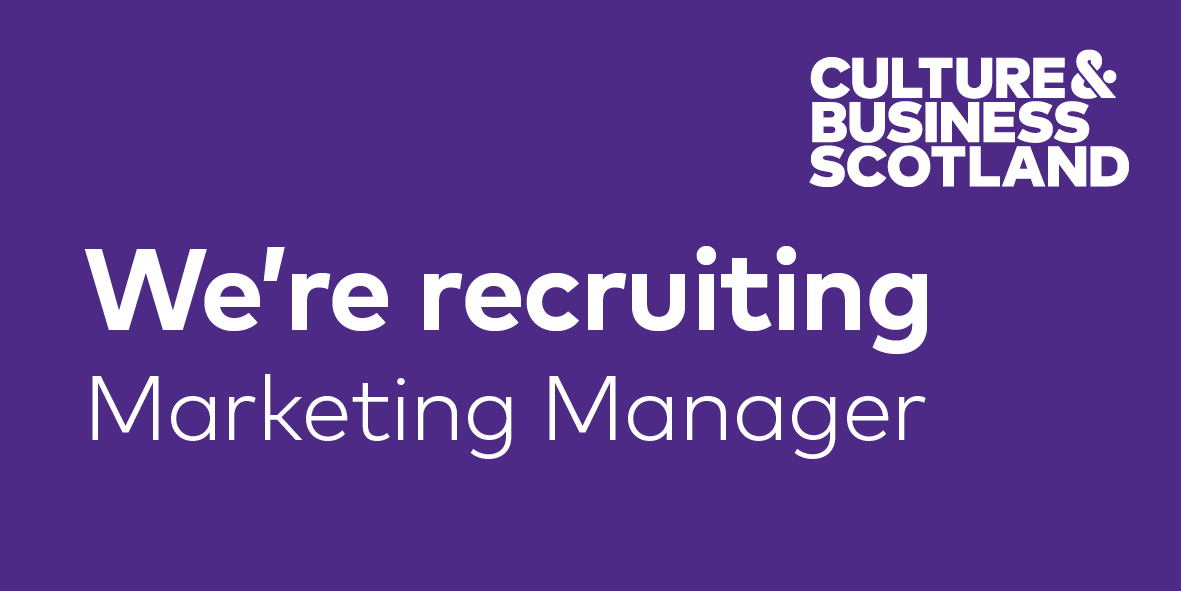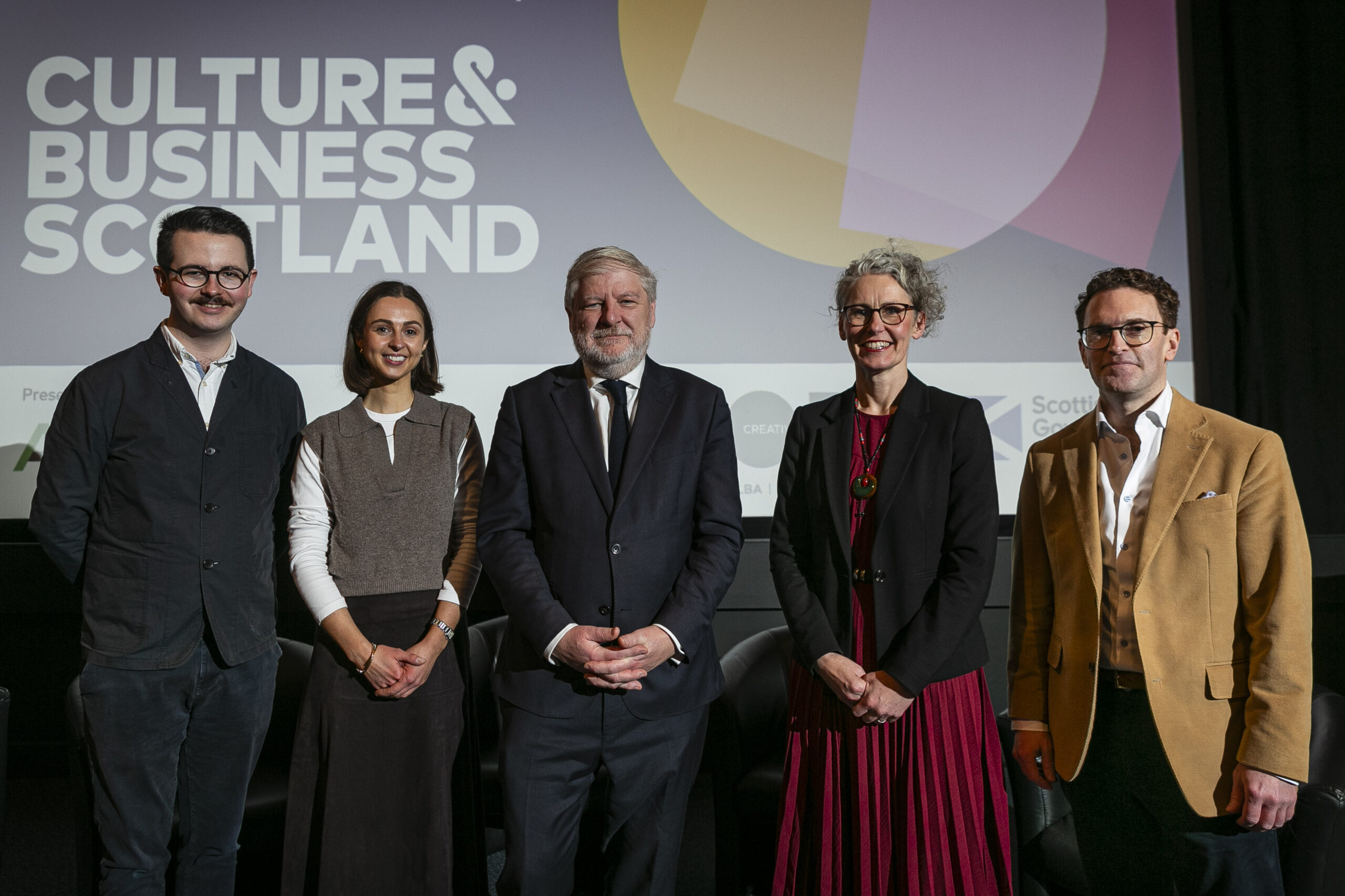Arts & Business Scotland (A&BS) is pleased to announce that Heineken UK has agreed to support Arts & Business Scotland’s Skills Bank Programme to 2013.
Skills Bank is a body of business volunteers from a wide range of sectors looking to offer their time and expertise to guide and support an arts organisation. The Skills Bank programme was originally launched in the early 1990s and since then, over 280 arts organisations from around Scotland have benefited from the advice and support from the business volunteer placed with them.
During the current challenging economic climate, those who support the arts and creative industries believe that now is the right time to re-launch the skills bank programme to provide business support and advice both to the not-for-profit arts sector and to micro pre-profit creative companies.
Skills Bank for the arts and creative industries
The Creative Industries Partnership Report 1 recognises that “those involved in creative industries need a range of skills from the creative and technical relating to the demands of their specific industry, to more general entrepreneurial, management and business skills”. Creative & Cultural Skills, the Sector Skills Council for the creative industries, in The Creative Blueprint for Scotland 2, also goes on to identify technical and specialist skill gaps as well as a need for higher skills in business and enterprise as amongst the key challenges which need to be addressed by the sector.
Arts & Business Scotland’s Skills Bank programme, a work-based learning programme, is uniquely suited to assist such businesses.
What difference will Heineken UK’s support make?
Heineken UK’s support allows A&BS to make this service free to both business volunteers and the supported arts and creative industry organisations, in order to encourage take-up amongst large and small organisations alike.
Kieran Simpson, Corporate Relations Director, Heineken UK said:
“At Heineken we take a lot of pride in the time and resource we commit to the development of our people, and we were keen to spread this ethos by supporting the Skills Bank programme. Headquartered in Edinburgh, we are passionate about supporting, and sharing best practice with, the Scottish arts and creative industry community.
In addition to the financial support we will provide, Heineken UK will also have the opportunity to involve our employees directly in the programme, as Skills Bank volunteers. This opportunity will allow our colleagues to develop their own potential, to use and build their professional skills in a different and challenging environment, and to play a personal role in making a difference for an arts organisation.”
Barclay Price, Director, Arts & Business Scotland said:
”The arts and creative sectors face a period of economic uncertainty and technological change, and if Scotland is to sustain and grow a resilient creative eco-system, it is essential that creative companies are equipped to meet such change. This scheme is a cost effective way of developing the management skills of arts and creative industries workers and enabling businesses to foster coaching skills among their workforce. We are delighted that Heineken’s valuable support will help us to deliver relevant skill transfer linked to on-the-job issues, offering arts workers effective learning.”
How does Skills Bank work?
The Skills Bank programme matches up business volunteers with relevant skills to coach individuals in arts organisations on specific management issues or tasks, such as strategic development, business planning, financial control, project management, marketing or HR, and to transfer those skills to the arts worker. The Skills Bank involves the volunteer in coaching on a specific, defined issue with clear goals to achieve by the end of the placement period. The business volunteer gains an overview of the arts organisation’s work while assisting the arts manager gain new skills.
Business volunteers:
- build on their areas of expertise
- enhance their communication, motivation and delegation techniques
- develop new skills in a different and sometimes challenging environment
- bring about demonstrable and measurable behavioural change.
Arts workers:
- develop new skills with expert support
- enhance their learning and communication techniques
- improve the arts organisation’s operation.
[2] http://www.ccskills.org.uk/Research/Scotland/tabid/90/Default.aspx




